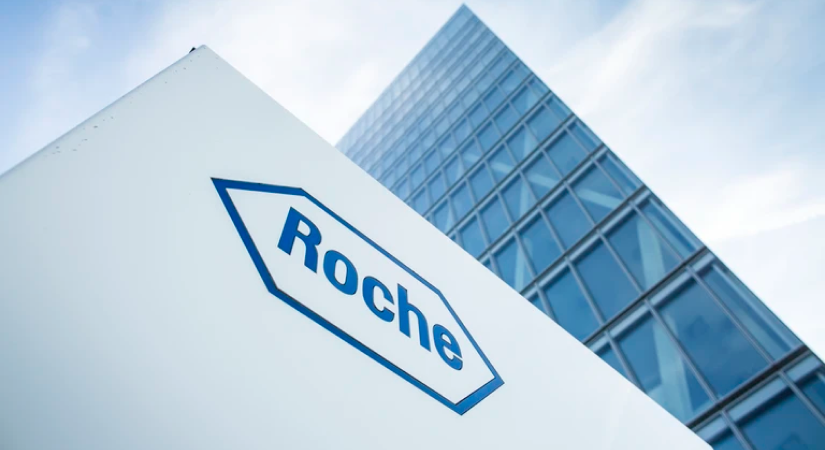Roche's Lunsumio-Polivy Combo Delivers Strong PFS, ORR Gains In Transplant-Ineligible Large B-Cell Lymphoma (LBCL) Patients
Roche's Lunsumio–Polivy combo significantly boosts PFS and ORR in R/R large B-cell lymphoma.
Breaking News
Jun 21, 2025
Vaibhavi M.

Roche has unveiled promising results from its Phase III SUNMO study, revealing that a combination of subcutaneous Lunsumio® (mosunetuzumab) and Polivy® (polatuzumab vedotin) significantly improved progression-free survival (PFS) and objective response rate (ORR) in patients with relapsed or refractory large B-cell lymphoma (R/R LBCL) who are ineligible for transplant. The combination outperformed the current standard treatment, rituximab, gemcitabine, and oxaliplatin (R-GemOx).
“Lunsumio and Polivy represent the first combination of a bispecific antibody and antibody-drug conjugate, which could avoid chemotherapy and potentially provide an alternative option for some patients with relapsed or refractory LBCL. We are also encouraged by the favourable safety profile and potential for outpatient use of this regimen, which may suit diverse patient and healthcare system needs,” said Levi Garraway, MD, PhD, Roche’s Chief Medical Officer and Head of Global Product Development.
At a median 23.2-month follow-up, patients receiving the Lunsumio-Polivy regimen saw a 59% reduction in disease progression or death risk, with PFS tripling compared to the control group. The combination therapy also showed a notably higher complete response rate (51.4% vs. 24.3%) and sustained remission in nearly three-quarters of complete responders after one year. The treatment’s safety profile remained consistent with previous data, featuring manageable side effects and fewer discontinuations than the R-GemOx group.
“There remains a clear need for effective and well-tolerated treatments for people with this difficult-to-treat disease. If approved, this off-the-shelf treatment combination of mosunetuzumab and polatuzumab vedotin could be administered over a fixed period of time, without mandatory hospitalisation or traditional chemotherapy, which could provide a meaningful option for patients with relapsed or refractory LBCL” said Jason Westin, Professor of Lymphoma and Director of Lymphoma Clinical Research, The University of Texas, MD Anderson Cancer Center.
These findings are being submitted to global health authorities, including the FDA. The therapy has already gained inclusion in the NCCN Guidelines as a second-line treatment for diffuse large B-cell lymphoma (DLBCL). Roche continues to expand its lymphoma treatment portfolio with additional trials exploring various bispecific antibody combinations aimed at addressing the unmet needs of patients ineligible for transplant.
